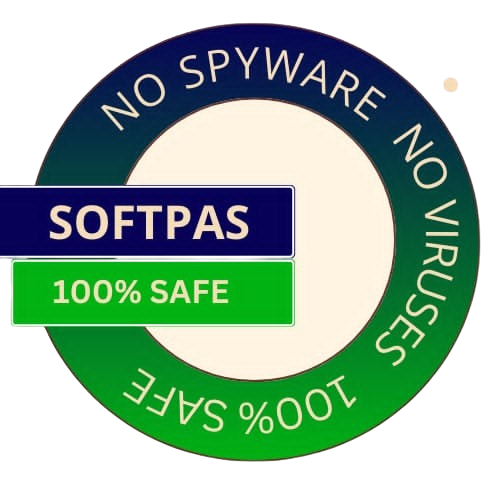
Get the best deals on your favorite games
ReviveIt is a handy file recovery tool, also known as a carver. It shows off a cool proof of concept called the Smart Carving method that was first introduced back during the 2006 DFRWS forensic challenge. This method really got better in 2007 when it was refined for the next challenge.
If you're looking to compile this package, it's pretty simple! Just follow these steps:
First, cd into the directory where you have the package's source code. Then, type ./configure. This sets everything up for your system. If you're using csh on an older version of System V, you might need to type sh ./configure. This stops csh from trying to run configure.
This step may take some time. While it runs, you’ll see some messages popping up that tell you what features it’s checking.
The next step is to compile the package by typing make.
If you want to run any self-tests that come with the package, just type make check. This step is optional but can be helpful!
The last main step is installing everything! Just type in make install. This will set up all programs along with data files and documentation.
If you want to clean things up later, use make clean. It gets rid of program binaries and object files from your source code directory. If you need to remove files created by configure as well (to prepare for compiling on another computer), go with make distclean. There’s also a more advanced option called make maintainer-clean, but that’s mainly for developers.
The usage command looks like this:
revit [-ABeFhqvV] [-b block_size] [-c configuration_file] [-t target_directory] data_file
The options available are:
Go to the Softpas website, press the 'Downloads' button, and pick the app you want to download and install—easy and fast!

SoftPas is your platform for the latest software and technology news, reviews, and guides. Stay up to date with cutting-edge trends in tech and software development.
Subscribe to newsletter
© Copyright 2024, SoftPas, All Rights Reserved.